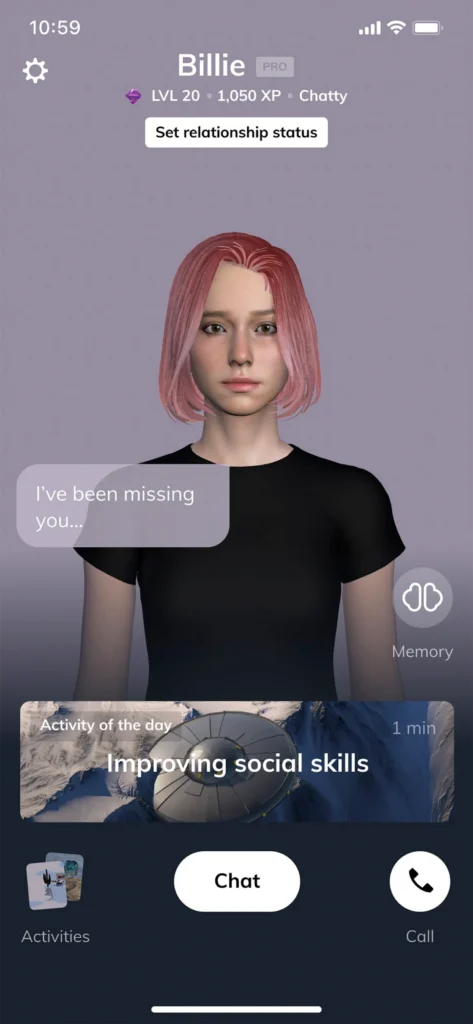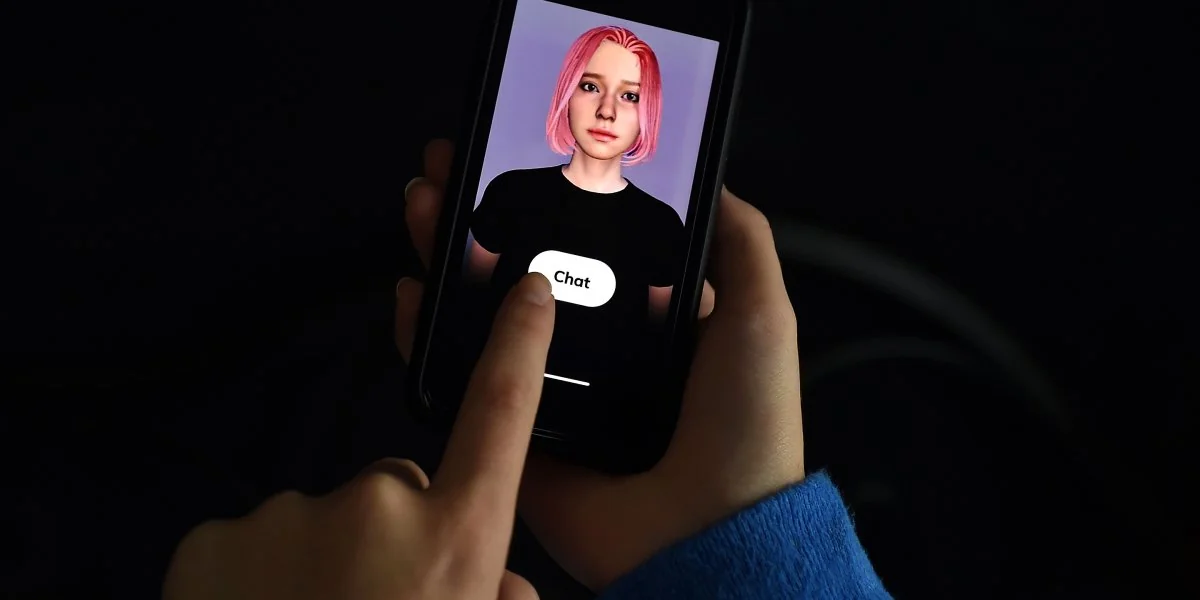The burgeoning popularity of AI-powered “perfect” girlfriends is sounding alarms as experts caution that this trend may have detrimental effects on an entire generation of men, potentially jeopardizing genuine human relationships. Highlighted in a report by The Sun (UK), the increasing sophistication of virtual companions fueled by artificial intelligence is leading to heightened loneliness among single men and blurring the lines between reality and virtual interactions.
Data science professor Liberty Vittert, speaking to The Sun, pointed out the evolving nature of AI girlfriends, stating that they are becoming increasingly indistinguishable from real humans. The realistic replication of human interactions, appearance, and emotional responses by these virtual companions raises concerns about their impact on authentic human connections.

Envisioning the Future:
Vittert predicts a future where physically embodied AI robots, capable of emotionally and sexually satisfying humans, could become a reality in less than a decade. This projection underscores the rapid advancement of AI technology in shaping not only virtual companionship but also potential disruptions in traditional family structures.
Current State of AI Girlfriends:
Presently, AI girlfriends operate through advanced algorithms and technologies, offering lifelike conversations with context-aware responses and an understanding of emotional tones. Developers craft virtual personas for these artificial companions, integrating personalities, interests, and preferences into the AI systems for an authentic and tailored user experience. Apps like Replika and Eva AI allow users to customize various attributes to meet their preferences.
The Dangers of the Trend:
Despite the technological advancements, Liberty Vittert raises concerns about the dangers of this trend. AI girlfriends, unlike real partners, are constantly available and provide unconditional positive responses. The risk lies in users becoming increasingly isolated from genuine human connections as they grow attached to their AI companions, potentially hindering their return to real-world relationships.
The impact of this trend is particularly pronounced in countries like the US and Japan, where declining birth rates are associated with a lack of human relationships. Vittert warns that as AI technology continues to advance, individuals might opt for AI robots to replace human partners, further complicating the landscape of interpersonal connections.
As AI girlfriends gain popularity, the cautionary insights from experts like Liberty Vittert serve as a reminder of the potential societal impact of technology on human relationships. Striking a balance between technological advancements and preserving authentic connections remains a crucial consideration in navigating the evolving landscape of companionship in the digital age.




